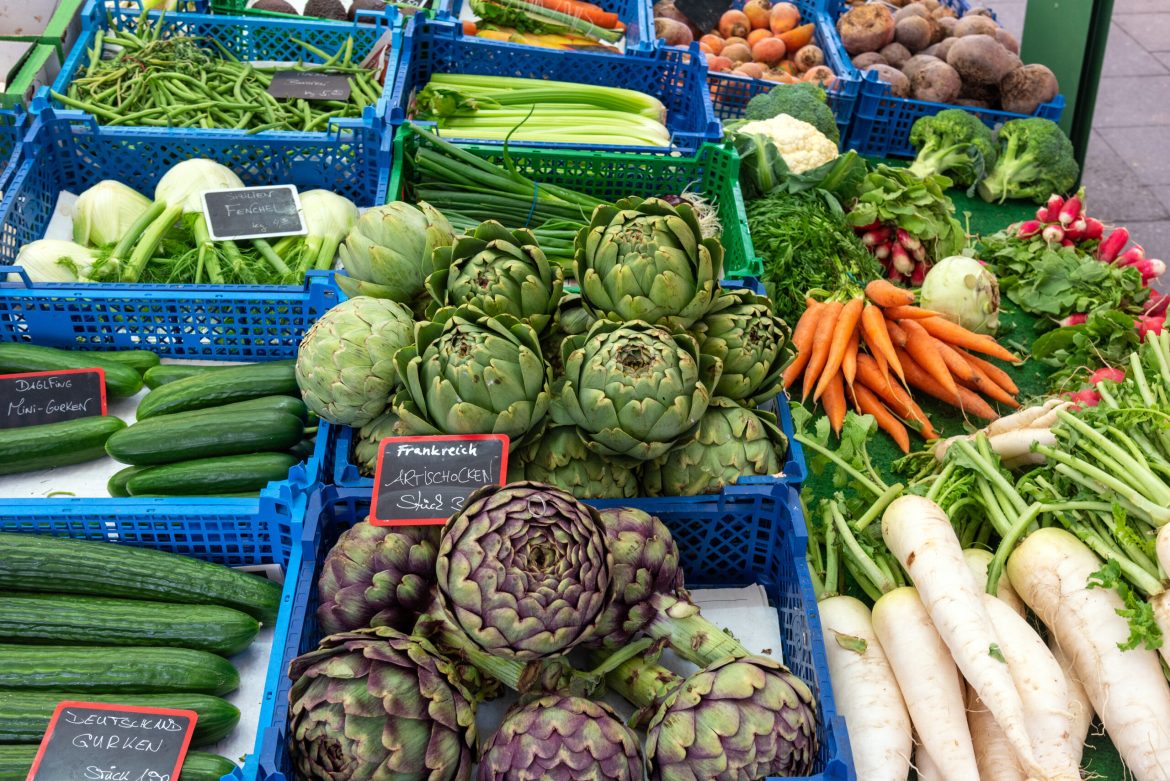In January, the Broad National Consumer Price Index (IPCA), Brazil’s official inflation measure, rose only 0.16% month-on-month, according to the Brazilian Institute of Geography and Statistics (IBGE).
On February 11, the number reduced to 0.16% from 0.52% in December, following a 0.36 share reduction and exceeding BCB’s estimates.
The rate stayed over the central bank’s upper tolerance zone of 4.5%, supporting the expectation that the monetary authority will raise interest rates again in March, as previously stated in December.
However, that means the path for managing inflation over the next few months will now be a very different trajectory.
Inflation gaps in transport and food
By analyzing the IPCA, IBGE noted that there was heterogeneity in the sectors, with five of the nine categories surveyed registering price increases in January.
The data shows that the Transport and Food and Beverage groups had the greatest impact on selling prices this month, contributing significantly to inflation.
The transport prices jumped 1.30% and added an expressive 0.27 percentage points to the IPCA.
The increase is attributed to higher expenses in the movement of goods and services as well as fuel price changes.
Likewise, the Food and Beverage category recorded an increase of 0.96%, which contributed to 0.21 percentage points.
Such trends highlight the ongoing strain on consumers in key expenditure categories.
Electricity prices in Brazil
In January, the average price of residential electricity fell by 14.21%, causing the most significant decrease in inflation.
This reduction was mainly the result of the inclusion of the Itaipu Bonus in bills paid by consumers, a government measure that seeks to alleviate part of the consumer’s financial burden with energy costs.
Cuts in energetic costs are usually viewed as an important driver of inflation and in this instance, the decline had a strong negative impact of -0.55pp on the total IPCA.
Consequently, the Housing aggregated index fell by 3.0% in January, where electricity has proven to be a strong contributor to this cut, generating a countercyclical effect to inflation.
Water and sewage rates increased by 0.97% on average in the Housing category, while piped gas increased by 0.49%.
This suggests that, despite cheaper power, the other factors driving up housing prices continue to climb.
The post Brazil’s inflation (IPCA) in Jan 2025: Transport and food prices rise the most appeared first on Invezz

